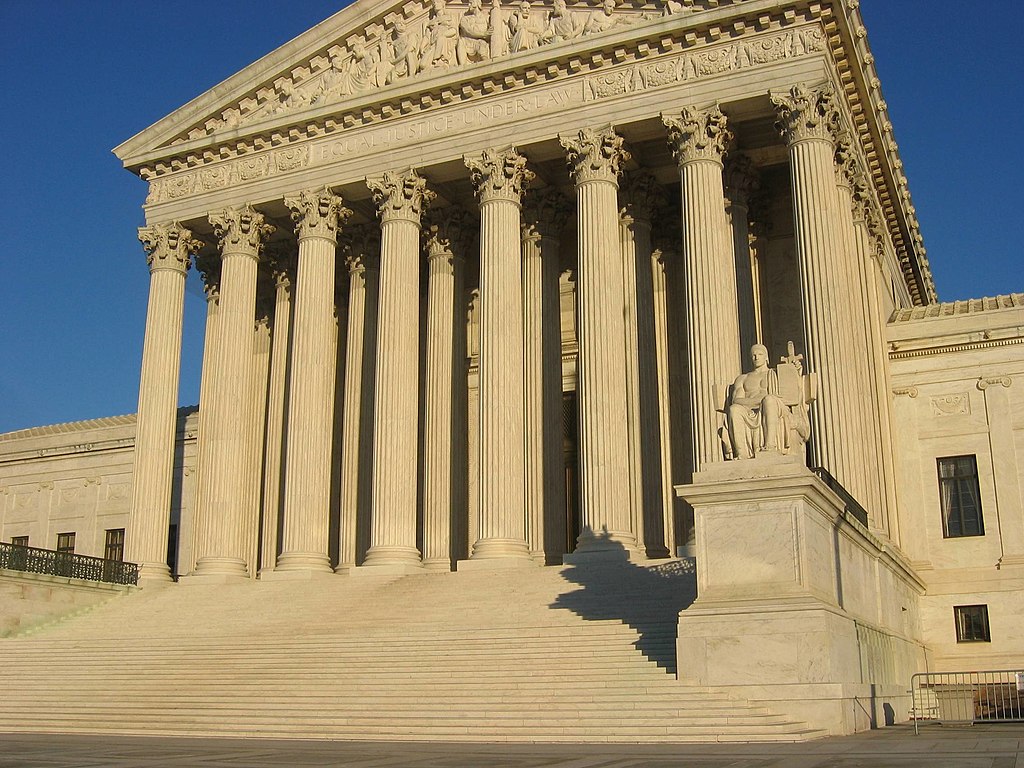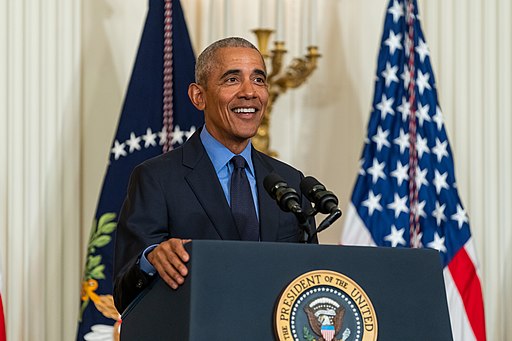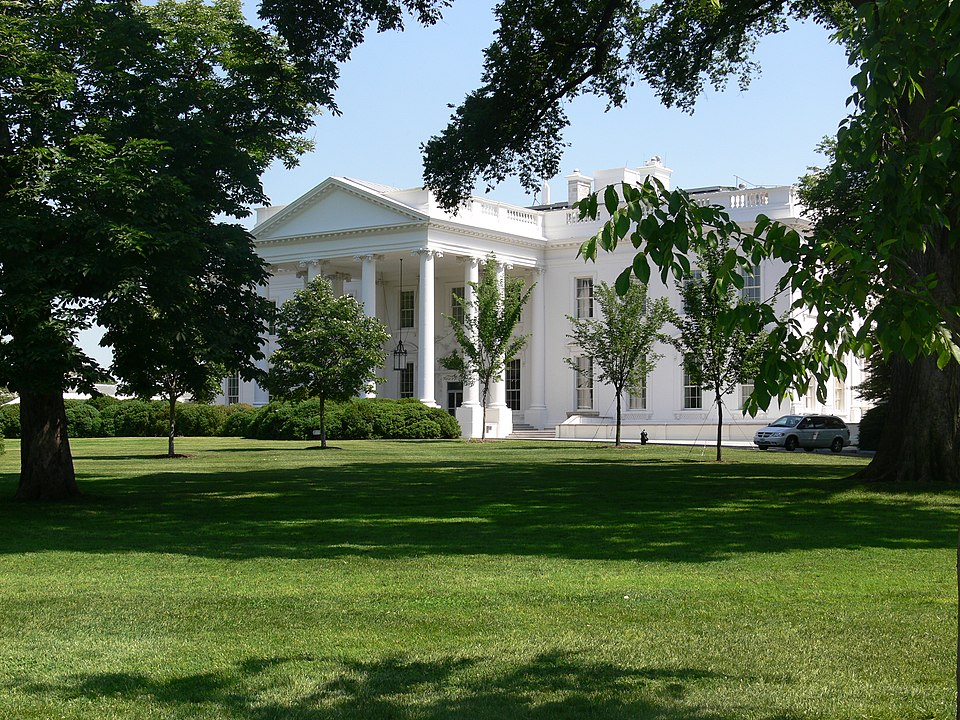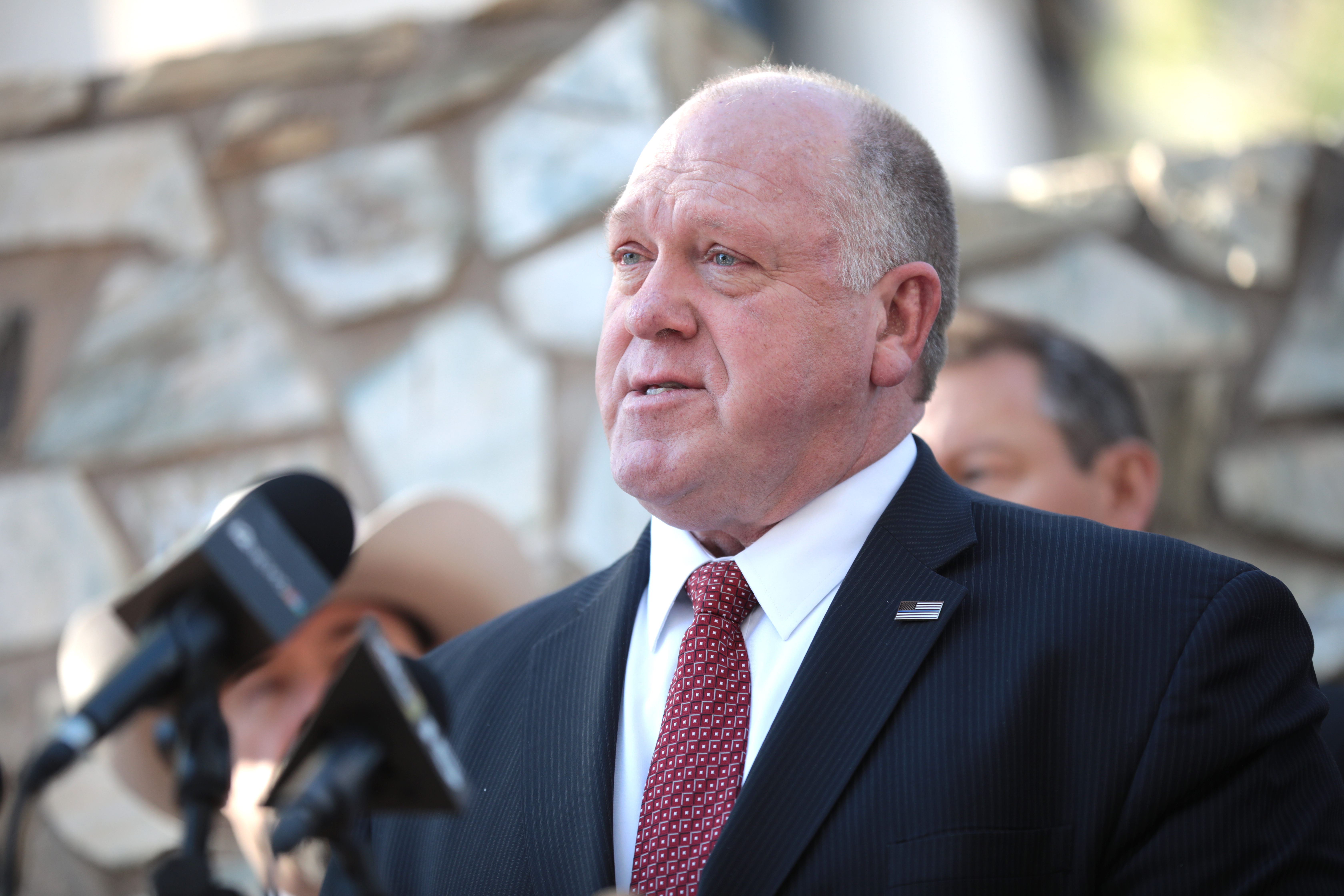A tied vote, a blocked school, and a battle still brewing…
On Thursday, the U.S. Supreme Court reached a rare 4-4 deadlock in Oklahoma Statewide Charter School Board v. Drummond, leaving in place an earlier Oklahoma Supreme Court decision that bars the creation of St. Isidore of Seville Catholic Virtual School. The school would have been the first taxpayer-funded religious charter institution in the United States.
Justice Amy Coney Barrett recused herself, due to her past affiliation with Notre Dame University. Its legal clinic had represented St. Isidore, prompting concerns over impartiality.
With Barrett out, the split decision effectively affirmed the Oklahoma court’s ruling — without setting a national precedent. (RELATED: Supreme Court Considers Case That Could Reshape Judicial Powers)
It is not clear which way each of the other eight justices voted on the case and the Supreme Court did not issue a written decision due to the split.
The deadlock also means prior court rulings that permitted taxpayer-funded voucher money to flow to religious schools but blocked public schools and charter schools from teaching religion will stand. Religious liberty advocates had been hoping the Supreme Court would reverse those prior rulings.
In June 2023, the five-member Oklahoma Statewide Virtual Charter School Board approved St. Isidore’s operation application in a 3–2 vote.
State Court: Charter Schools Must Remain Secular
The Oklahoma Supreme Court previously held that authorizing St. Isidore would breach both the state constitution and the Establishment Clause of the First Amendment. Their argument centered on the fact that charter schools, while often independently run, are publicly funded and therefore subject to the same nonsectarian standards as traditional public schools.
This interpretation drew praise from secular groups like the ACLU and Americans United for Separation of Church and State. Their concerns revolved around the potential for taxpayer-funded religious instruction to veer into discrimination or indoctrination.
Drummond: Ruling Defends Religious Freedom — By Limiting It
While many observers viewed the development as a setback for the religious right, Oklahoma Attorney General Gentner Drummond (R), who brought the case, praised the outcome. A Gulf War veteran and lifelong Christian, Drummond argued that taxpayer-funded religious charter schools could open the floodgates to ideologies antithetical to American values — including, in his words, “radical Islamic” teachings.
Drummond emphasized this isn’t about opposing faith but about protecting taxpayers from being compelled to fund religious instruction they don’t agree with — whether Catholic, Muslim, or otherwise. He voiced a similar argument in a prior Oklahoma Supreme Court victory in 2024, which this case essentially reaffirms.
What’s Next: A Legal Path Still Open
Because the U.S. Supreme Court didn’t issue a majority opinion, the decision lacks nationwide legal weight. That leaves the door open for similar efforts in other states — and future appeals.
The ruling lands at the crossroads of three national flashpoints: school choice, religious liberty, and the separation of church and state. For advocates of religious charter schools, the setback stings, but it isn’t final. For opponents, it’s a temporary safeguard, not a sweeping win. (RELATED: Judge Deals Unexpected Blow To Landmark Trump Order)
Key Takeaways:
- Tie Vote: A 4-4 Supreme Court split lets Oklahoma’s decision stand.
- Barrett Recused: Her ties to Notre Dame, which backed the school, led her to step aside.
- No National Precedent: The ruling halts St. Isidore, but doesn’t close the door elsewhere.
- Opposing Views: Religious liberty vs. secular government — both sides claim principle.
- Ongoing Fight: Expect similar cases to surface in other states soon.




